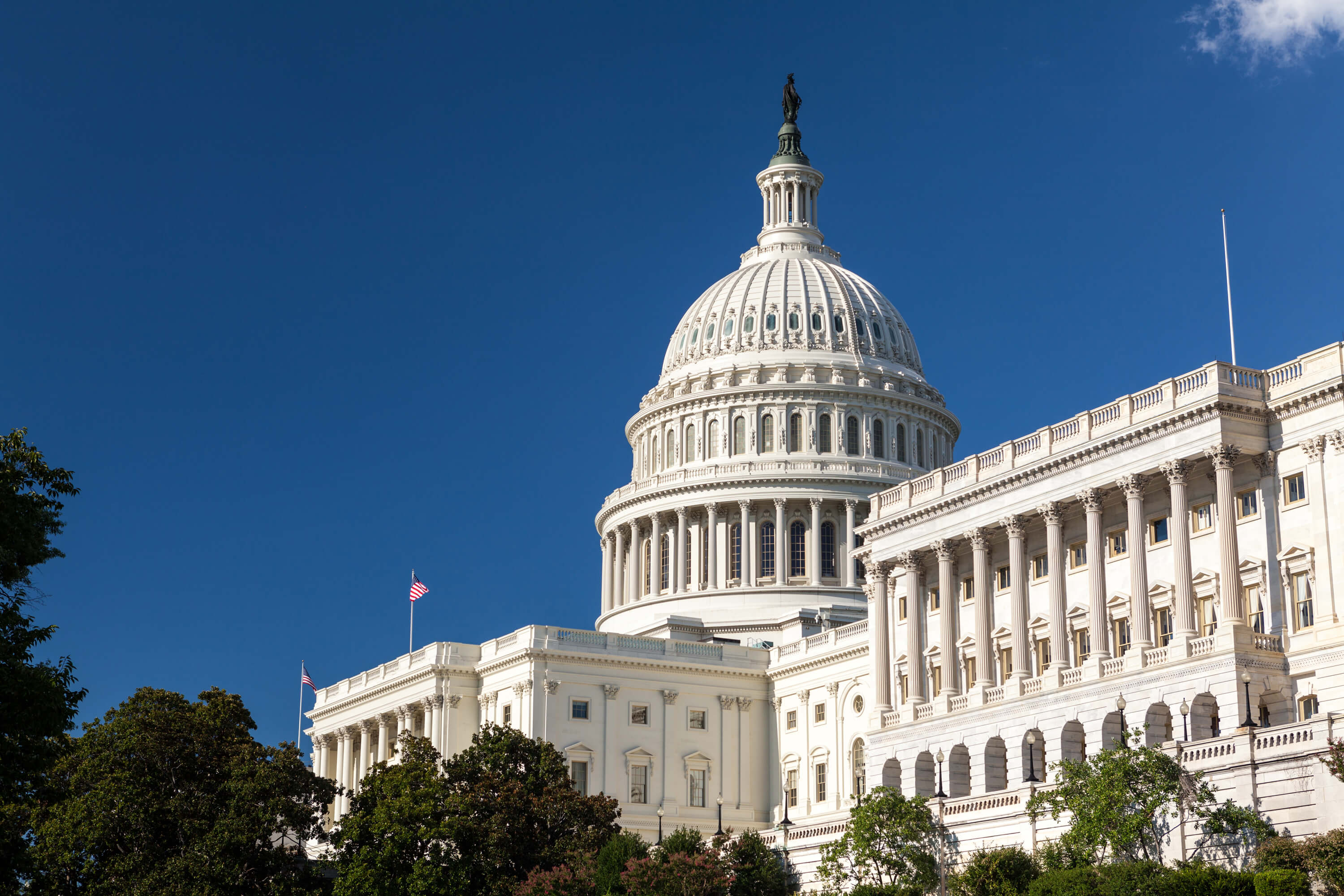The following is a letter from the Agriculture Workforce Coalition on behalf of numerous agricultural councils and associations regarding the suspension of regular visa processing due to the ongoing COVID-19 pandemic.
March 17, 2020
The Honorable Mike Pompeo
Secretary
U.S. Department of State
2201 C St NW,
Washington, DC 20520
Dear Secretary Pompeo:
We are writing to express deep concern about the Department of State’s decision to suspend regular visa processing at the U.S. Embassy in Mexico City and all U.S. consulates in Mexico in response to the coronavirus pandemic. While we were pleased to hear the Administration announce they will be prioritizing interview waiver cases, the State Department’s own data suggests that such workers eligible for waivers may only comprise a portion of workers employers need this season as evidenced by approved petition beneficiaries. Therefore, it is imperative that more be done. We agree that governments and the private sector must take all necessary precautions to reduce further transmission of the virus in our communities, however those steps must be proportional and reasonable. The Food and Agriculture Sector remains critical at this trying time and must be able to continue to provide sustenance.
As you know, many sectors within the agriculture industry are highly labor-intensive and especially dependent upon foreign labor, including the H-2A agricultural visa program, and other non-immigrant agricultural worker visas to meet labor needs. Like much of agriculture, the production for many of our crops is set to begin this month. A significant number of farmers have applications currently pending, or will soon be filed, with appointments at U.S. Consulates scheduled beginning next week.
An interruption to the processing of agricultural worker visas will undoubtedly cause a significant disruption to the U.S. food supply. As you know, the Food and Agriculture Sector, responsible for food manufacturing, processing, and storage facilities, accounts for one-fifth of the nation’s economic activity and has been designated a “Critical Infrastructure Sector” by the Department of Homeland Security. Critical infrastructure sectors are considered so vital to the United States that their incapacitation or destruction would have a debilitating effect on security, national economic security, national public health or safety, or any combination thereof. Presidential Policy Directive 21 (PPD-21): Critical Infrastructure Security and Resilience advances a national policy to strengthen and maintain secure, functioning, and resilient critical infrastructure.
In order to ensure uninterrupted food, crop, and commodity production, we urge you to recognize all H-2A, as well as any other non-immigrant visa petition involving an agricultural worker, visa consular processing functions as “essential” and direct the U.S. Consulates to treat all agricultural worker appointments as emergency visa services.
The American people need a stable food supply to maintain healthy diets and strong immune systems, especially now during this national health crisis. The failure to take necessary action to protect our food supply will result in bare shelves in grocery store produce aisles, not from panic buying, but as the result of the federal government directly causing a shortage of critical labor. We urge you and the President to not let that happen.
Sincerely,
American Farm Bureau Federation
AmericanHort
Florida Fruit and Vegetable Association
National Council of Agricultural Employers
National Council of Farmer Cooperatives
National Farmers Union
National Milk Producers Federation
National Pork Producers Council
National Potato Council
United Fresh Produce Association
Western Growers Association
USAFarmers
U.S. Apple Association
Cc:
Secretary Sonny Perdue
Speaker Nancy Pelosi
Minority Leader Kevin McCarthy
Majority Leader Mitch McConnell
Minority Leader Chuck Schumer








